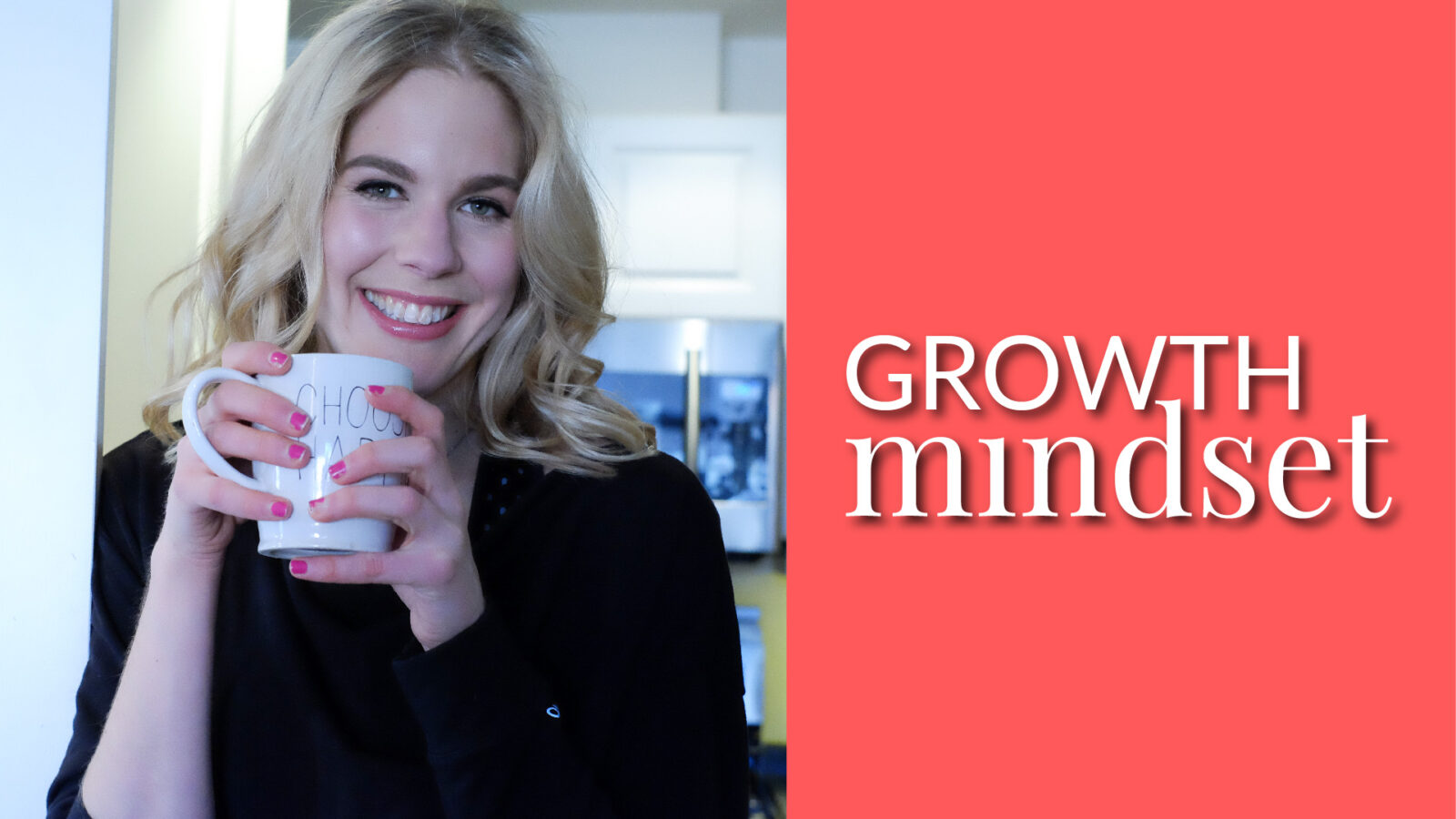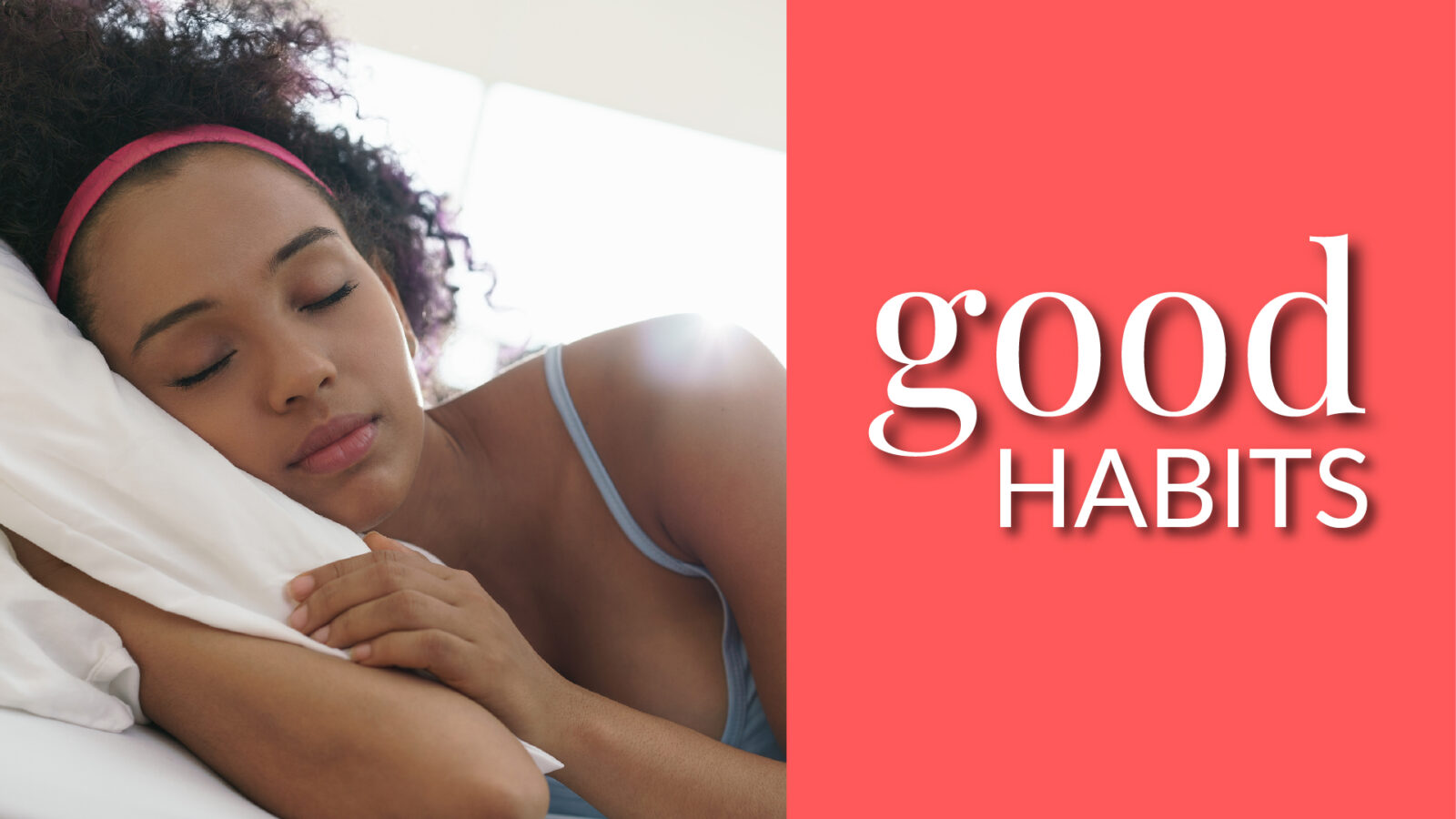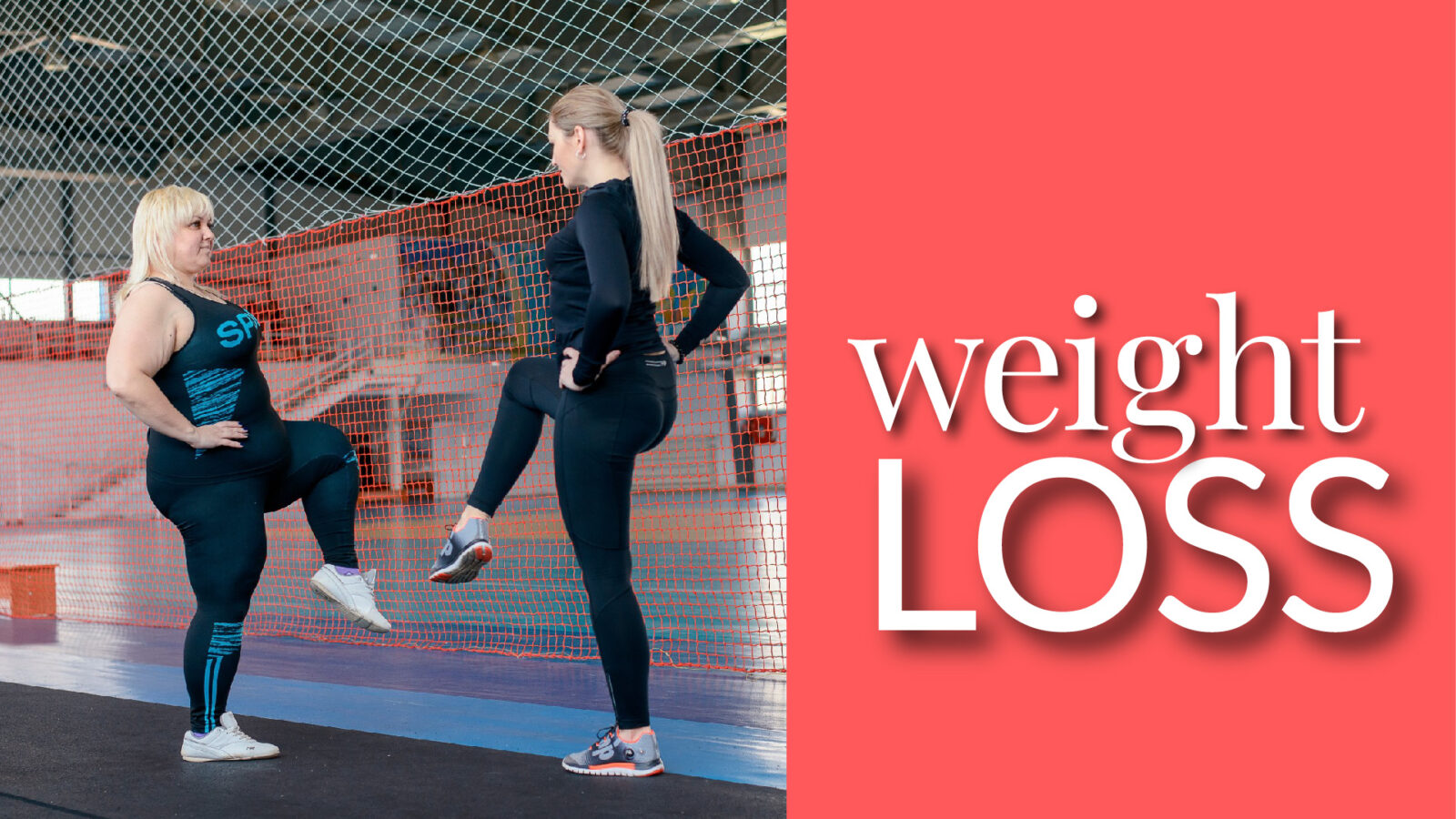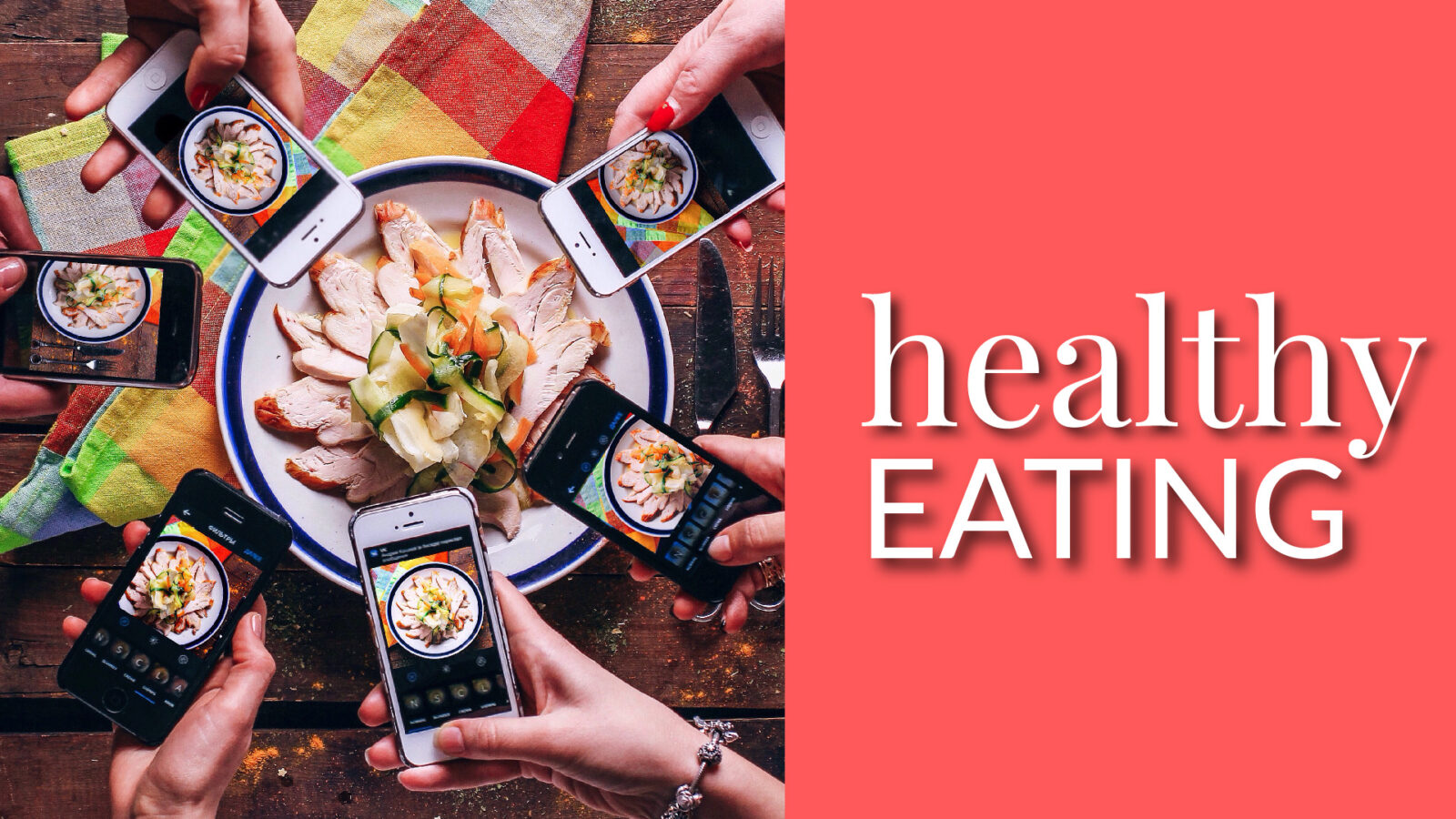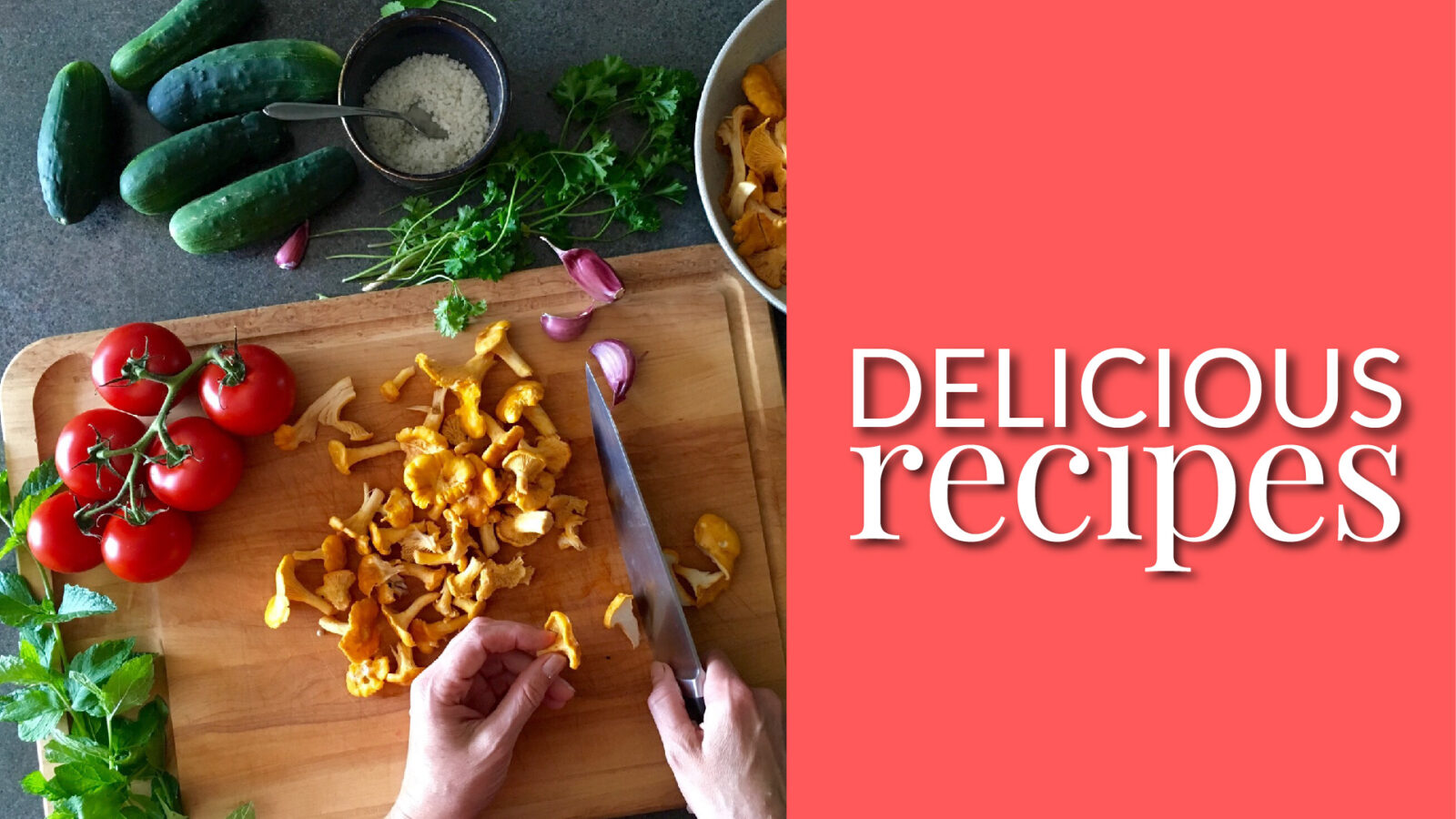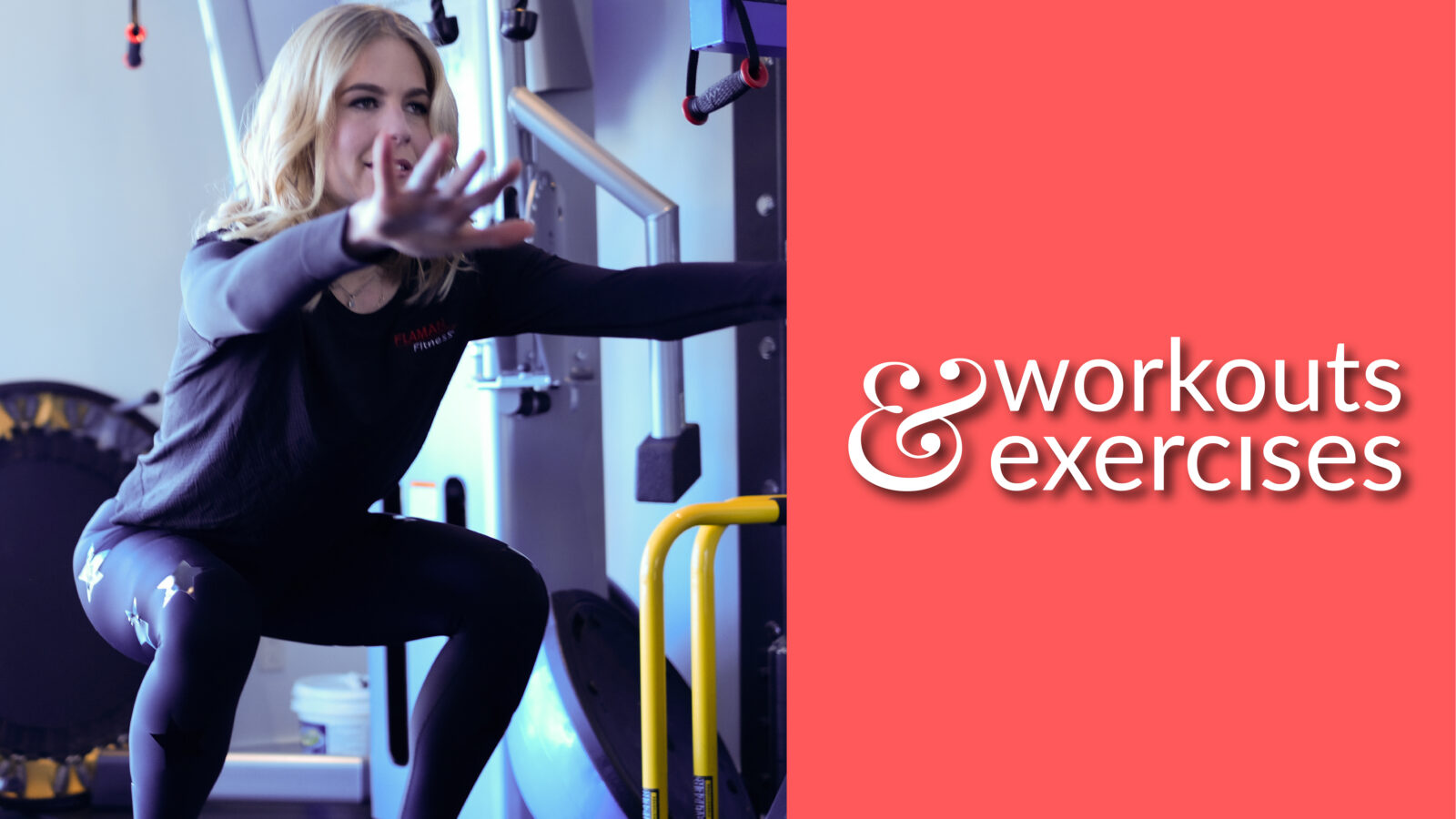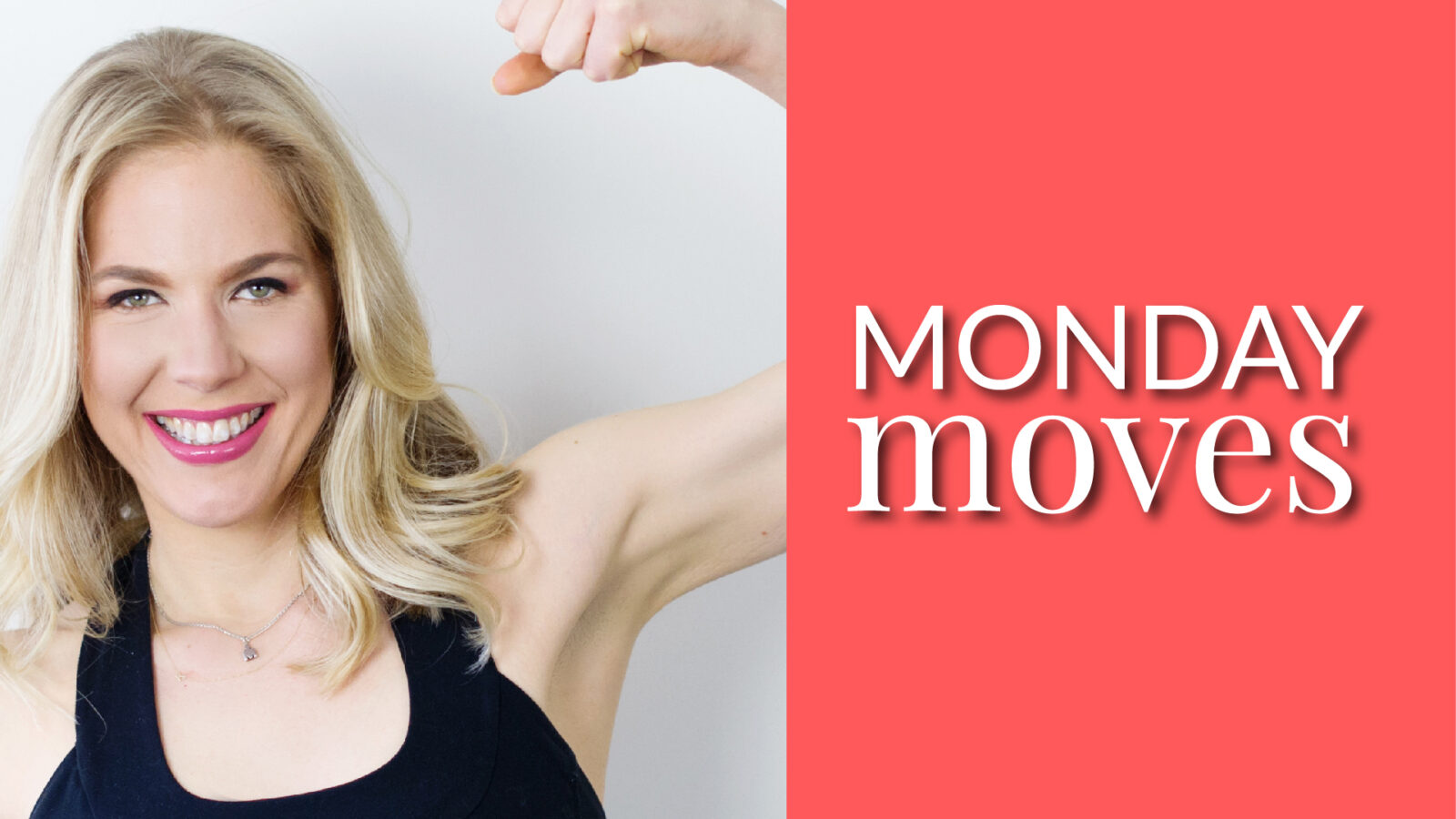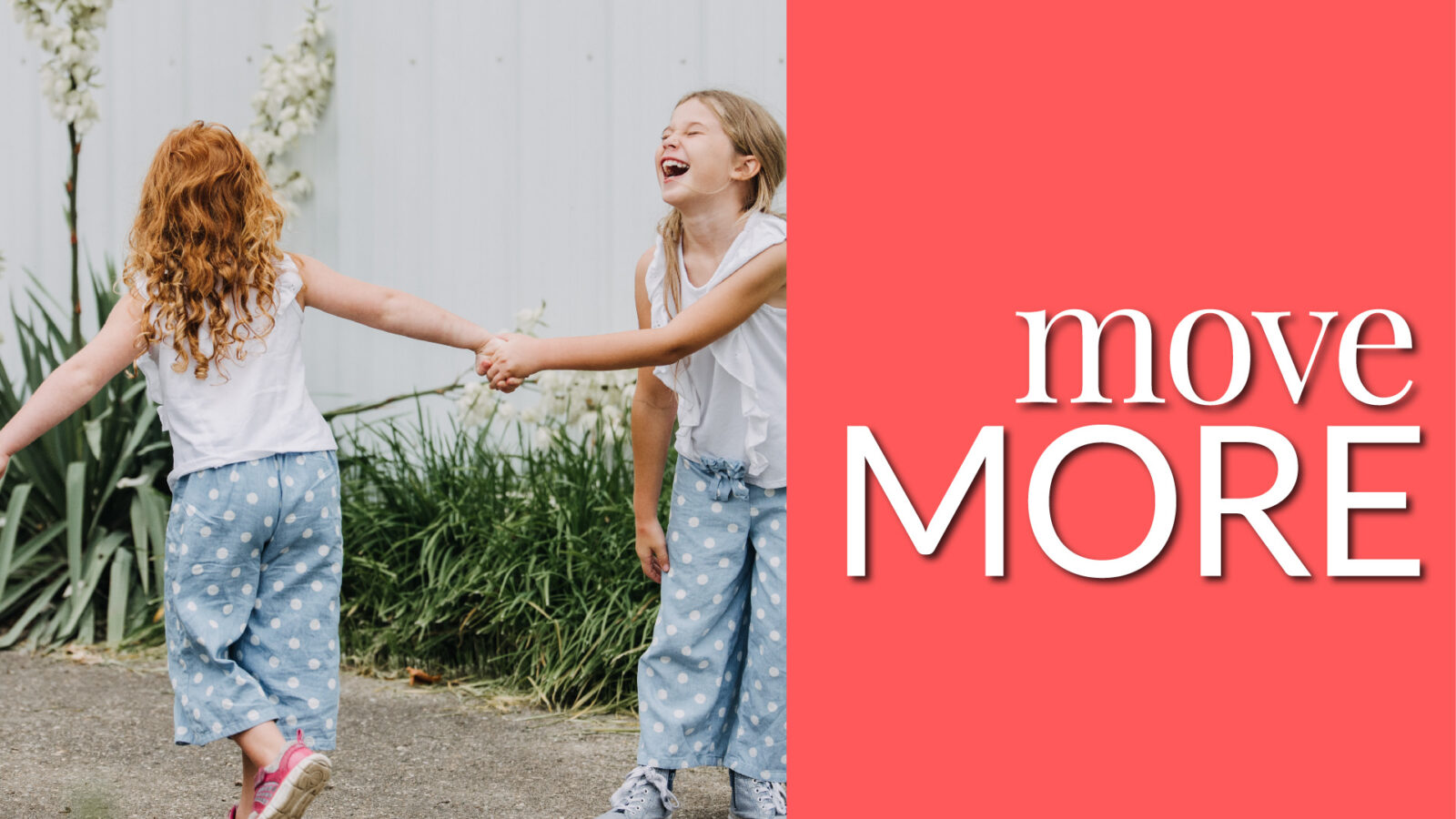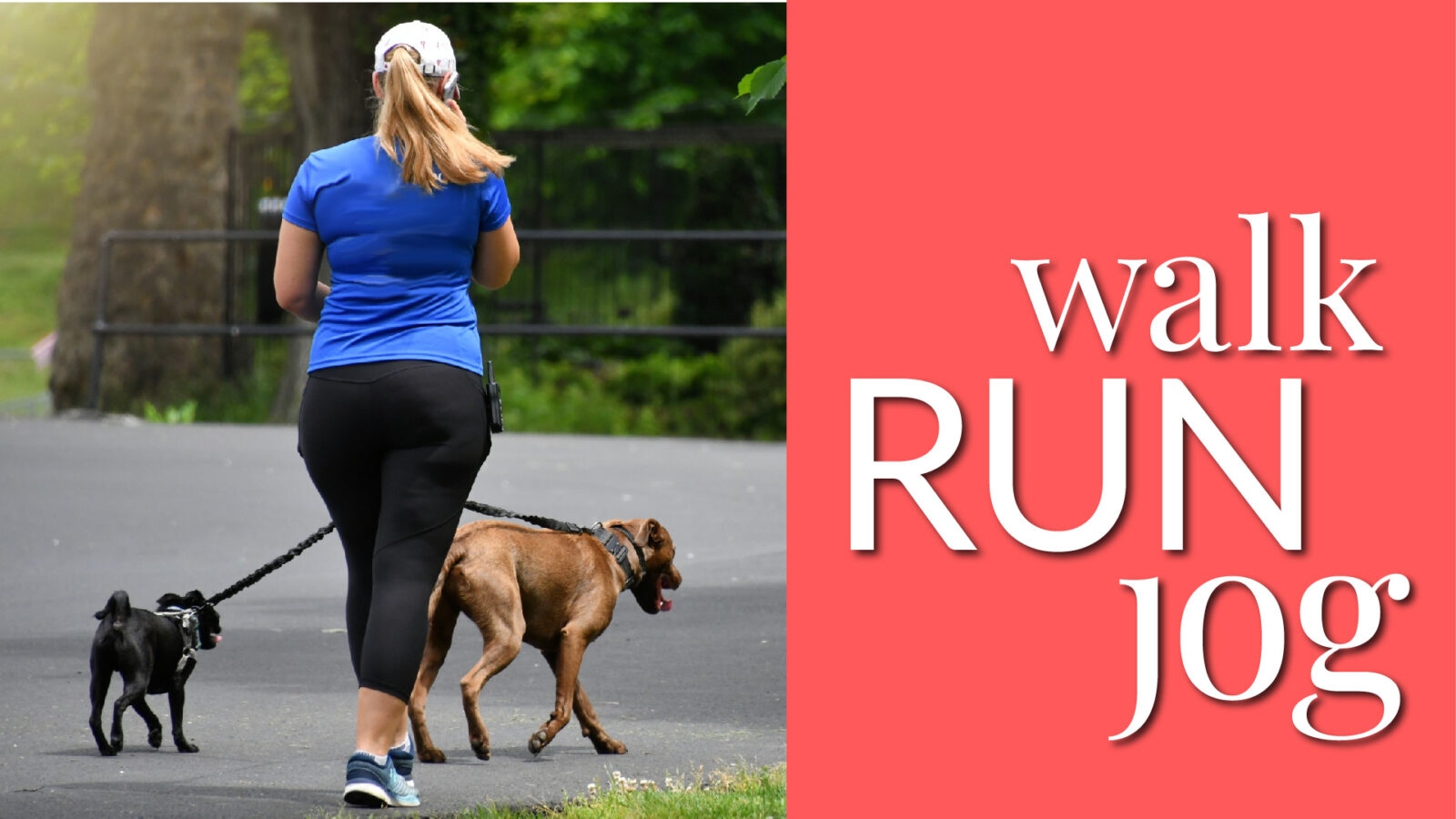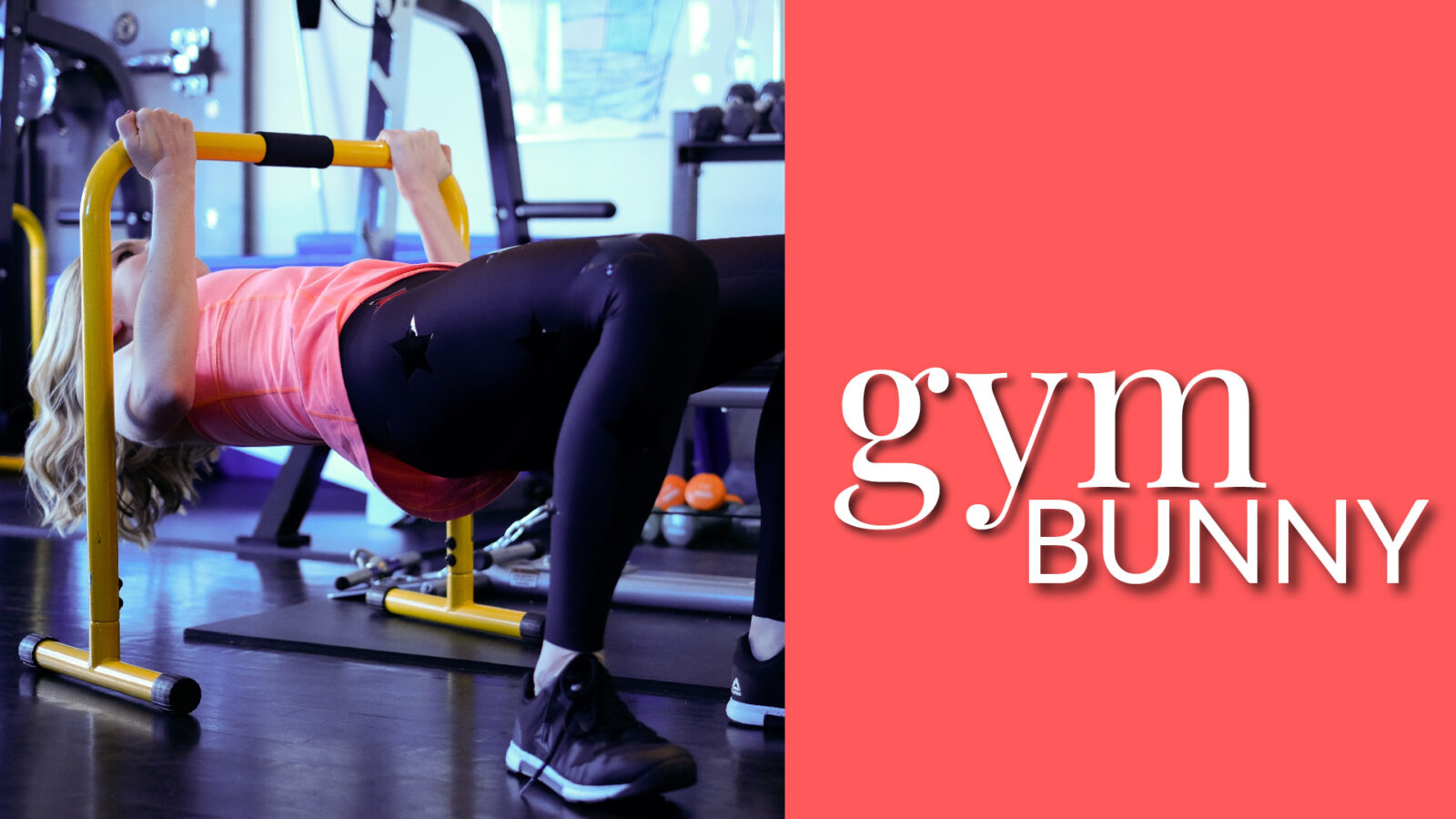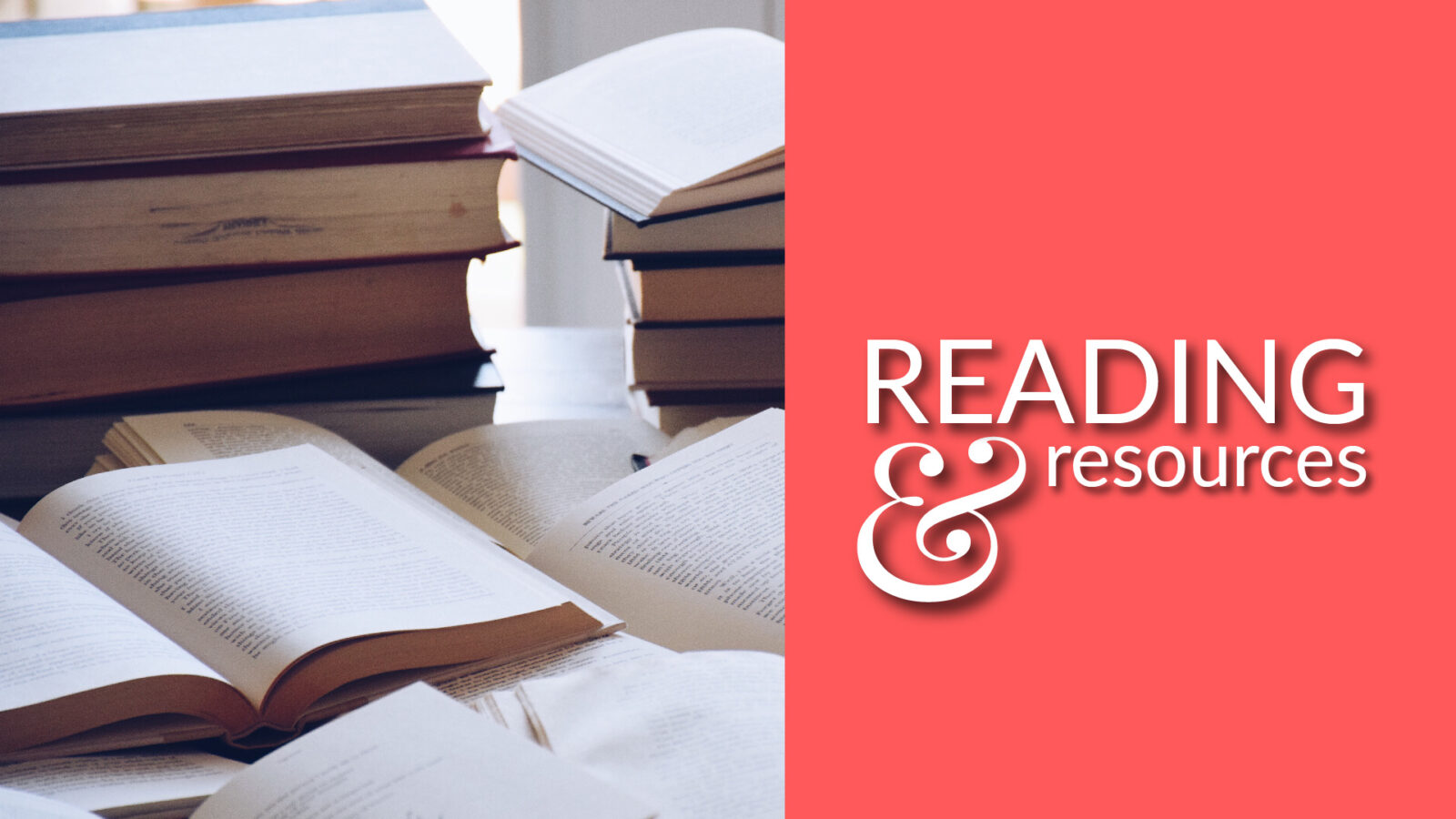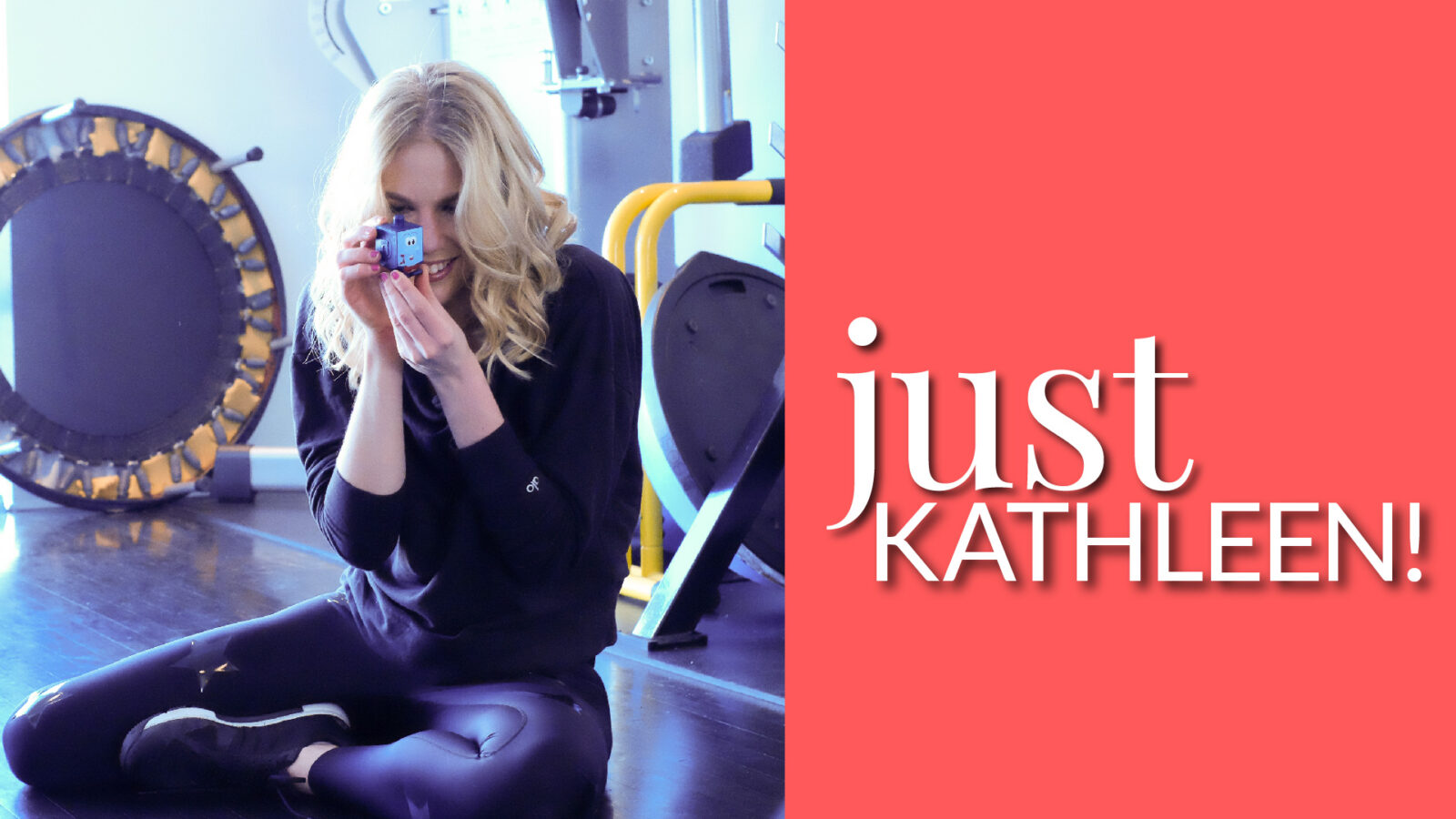HOW TO STAY ENERGISED WITHOUT COFFEE
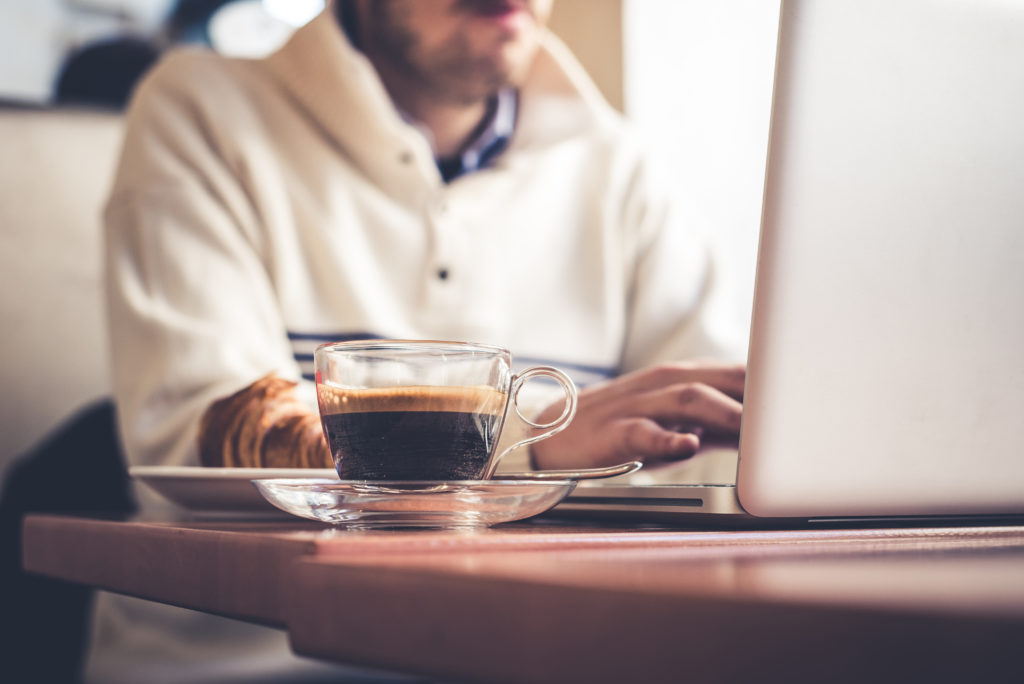
There is nothing like that first cup of coffee in the morning; it is one of my true pleasures in life. I often joke that I want to go to bed so I can wake up and have my cup of Joe.
Notice I said “first” cup. One cup is heaven. A need for multiple cups? An “indicator light” that something is off.
When I start to experience coffee as a “need” (vs a joy that I would rather not, but could, live without), I know I must not be taking care of myself. The need for fake energy—e.g., coffee—tells me I am not sleeping appropriately, not eating well, not exercising, not drinking enough water, and/or I am emotionally or physically burned out.
The problem is, it is a vicious cycle. The more sugar and coffee I live on, the worse I sleep. The less I sleep the more caffeine and sugar I “need” to get through the day. Plus, the more burned out I am the less resilience I have to make myself do the very things I need to do to feed me with natural energy—exercise, creating meaningful connections, eating my greens, etc.
The Solution?
Step 1. Have self-compassion.
This life crap is hard; we are all doing our best.
Step 2. Analyze your habits. Create a plan of action.
I cut my coffee off 12 hours before I want to be asleep and I eliminate sugar. I become intentional regarding hydration, food, and sleep. I get anything I don’t want my future self to eat out of my house. I prep food on the weekends. I make sure my water bottle is handy. I stock my pantry with healthy snacks so I don’t “have to” grab crap.
Next, I make sure my sleep routine is solid and that I am moving my body daily. Contrary to how many of us live our lives, sleep is not “empty time”—it is not a “when I can fit it in” activity. Sleep affects both our long- and short-term health; it is when the body and brain regenerate, memories consolidate, cognitive functions are maintained, muscles and tissues repair, and hormones are rebalanced. All positives for your energy!!
Plus, the more you sleep (and the better the quality of the sleep you get), the more energy and motivation you will have to exercise. Your body and brain recover while you sleep. Your brain will be more alert, and your body will feel less achy and lethargic if you consistently get enough sleep, especially if you get adequate time in deep sleep (exercise helps facilitate more time in that deep sleep—another “win” for exercise). The more you exercise the better your sleep will be. Exercise helps decrease the time it takes you to get to sleep, improves the quality of your sleep, resets your sleep/wake cycle (i.e., your “circadian rhythm,” especially if you exercise in sunlight in the morning), decreases symptoms of sleep disorders such as sleep apnea, and manages stress and anxiety (which will help you sleep, especially if you have insomnia from anxiety). All “wins” for energy!
Sleeping will also help you manage your food choices. The less you sleep the less leptin you produce—the hormone that tells your brain you are full. The less you sleep the more ghrelin you produce—the hormone that tells your brain you are hungry. We all know how much our food choices impact our energy. I never feel more lethargic than after a massive pig out, and a sugar binge kills my sleep!
A Caveat
Make sure you are not burned out. Healthy habits such as prioritizing diet and exercise will only take you so far. The thing is … if you are burned out you will feel like you need coffee. An inability to feel energized without external stimuli is built into the definition of burnout. Even a day off will often help. When I can’t take days, I at least prioritize breaks throughout my day so I can meditate, work out, or listen to a podcast. Those three things are 100% the things that make me feel “like me.” If you are burned out, fix the burnout.
The “umbrella step”—manage your energy!
Don’t just think “healthier habits”—think “energy management.” Think big picture. Manage your energy! If you don’t manage your energy, you will need the external stimulus of caffeine.
Be intentional with your energy. Jim Loehr, the author of The Power of Full Engagement, states that achieving any goal—including any health goal—requires the skillful, strategic management of energy. Our hours are fixed, but our energy is not.
A healthy, fulfilled, “engaged” life requires periods of strategic engagement and strategic disengagement.
Loehr would argue that most of us make choices that get us through our days (including lots of coffee and sugar), which don’t serve us over time. We race through our lives without thinking of where we want to go and who we want to be.
Without the right quantity, quality, focus, and force of energy, we are compromised in everything we do.
Too much disengagement—television, chill time, sugary foods, etc.—and you risk boredom and apathy.
Too much “push”—hours of endless work, intense exercise, etc.—and you risk burnout and coffee addiction.
We all need recovery days and a few treats (sugar, coffee, etc.). The question is, what and how much of anything will make you feel nourished, alive, and energized vs depressed and lethargic? One glass of wine or a small piece of cake might make the night special. Two glasses or a big hunk of cake will disturb your sleep, thus increasing your need for coffee the next day. A 10-km run might injure you, leaving you exhausted and frustrated for weeks. A long walk might energize you. In my twenties, a 12- to 15-km run would energize me. Now, 5- to 8-km does the trick. I can have a few chocolates and enjoy them; more than that, I feel yucky.
To paraphrase one of my clients, only you know what choice will make the future you feel “icky” and low energy. You have to figure out what will work for you!
Final thoughts
Manage your choices to manage your energy!
When you notice yourself relying on coffee, ask yourself, “What do I really need?” Use your coffee habit as “data”—an indication of where you might need to create more balance in your life and/or what habits might need to be tweaked. Reliance on caffeine—i.e. “fake” energy—is powerful feedback if you are willing to listen!

